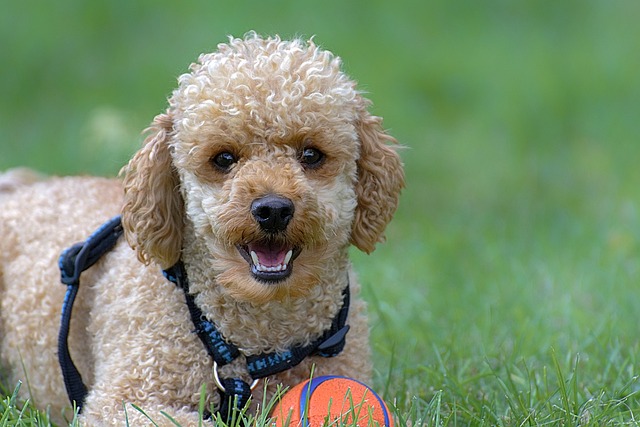
How can I tell if my dog's heatstroke is serious
Let’s be real: It’s a sticky August morning in Los Angeles, and you took your 2-year-old Golden Retriever, Max, for a walk a little later than usual
If you’ve watched your dog turn away from their favorite kibble, suffer through gassy evenings, or have inconsistent stool, poor gut health can leave both of you frustrated. When my 4-year-old Beagle, Lucy, started having loose stools and refusing meals last spring, I assumed she’d eaten something off the sidewalk—but her vet explained her gut bacteria was out of balance, a common issue for dogs who get stressed (we’d just moved to a new apartment) or have sudden diet changes. For first-time U.S. dog owners, the solution isn’t about expensive meds; it’s about giving the right, gentle foods and supplements to restore their gut’s natural balance.
A dog’s gut relies on a mix of “good” bacteria to break down food and absorb nutrients. When this balance shifts—from stress, table scraps, or low-quality food—digestion suffers. Unlike humans, dogs can’t easily bounce back from dietary upsets, so the key is to feed things that feed those good bacteria and soothe irritation. Lucy’s gut needed two things: probiotics (live good bacteria) to repopulate her system and prebiotics (fibers that feed probiotics) to keep them thriving. Bland, easy-to-digest foods also give her gut a break from processing heavy ingredients.

Start with a vet check to rule out serious issues like parasites or allergies—never self-diagnose. For mild gut upset, switch to a bland diet for 3–4 days: boiled skinless chicken and white rice (1:2 ratio) is gentle on sensitive tummies. Add a vet-recommended canine probiotic (human probiotics have the wrong strains) – Lucy loved a powder mixed into her rice. For prebiotics, stir in a teaspoon of plain pumpkin puree (not pie filling!) or a pinch of ground flaxseed—these fibers fuel the probiotics. For apartment dogs, keep meals consistent (same time, same spot) to reduce stress, which worsens gut issues. Gradually mix their regular food back in over a week to avoid shock.
Never scold your dog for accidents from loose stools—this violates U.S. animal welfare norms and increases anxiety, making gut health worse. Clean messes with enzyme cleaner to erase odors. Stay compliant: Keep their vaccines and parasite prevention up to date (parvovirus causes severe gut damage and is deadly for unvaccinated pups) and carry waste bags on walks—cities like Boston fine up to $100 for not cleaning up. Use positive reinforcement (a tiny treat after they finish their bland meal) to make eating less stressful.
Poor gut health is usually fixable with simple, intentional choices. By giving probiotics, bland foods, and consistency, you’ll help your dog eat happily again—and say goodbye to gassy nights and upset tummies.

Let’s be real: It’s a sticky August morning in Los Angeles, and you took your 2-year-old Golden Retriever, Max, for a walk a little later than usual

You're enjoying a summer afternoon at the park when you notice your dog has stopped panting and appears disoriented - their gums are bright red

Let’s paint the picture: You’re in your Denver apartment, watching your 4-year-old Boston Terrier, Ruby, plop down mid-play session with her favorite toy

Many dog owners notice their pets nails seem shorter after regular walks,but how much does this daily activity actually help?The answer depends on where you walk—concrete sidewalks or asphalt streets gently file nails as a dog's paws hit the ground

Most dog owners notice their pup scooting across the carpet at some point, but few connect it to impacted anal glands. These small sacs near a dog’s rectum secrete a scent for marking territory

Most vets agree that regular dog teeth cleaning is key to avoiding painful dental issues later. For healthy adult dogs, a professional cleaning at the vet’s office every 12 to 18 months usually works well.